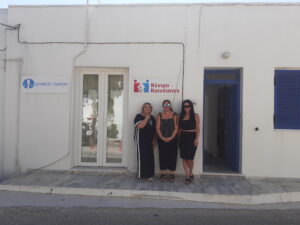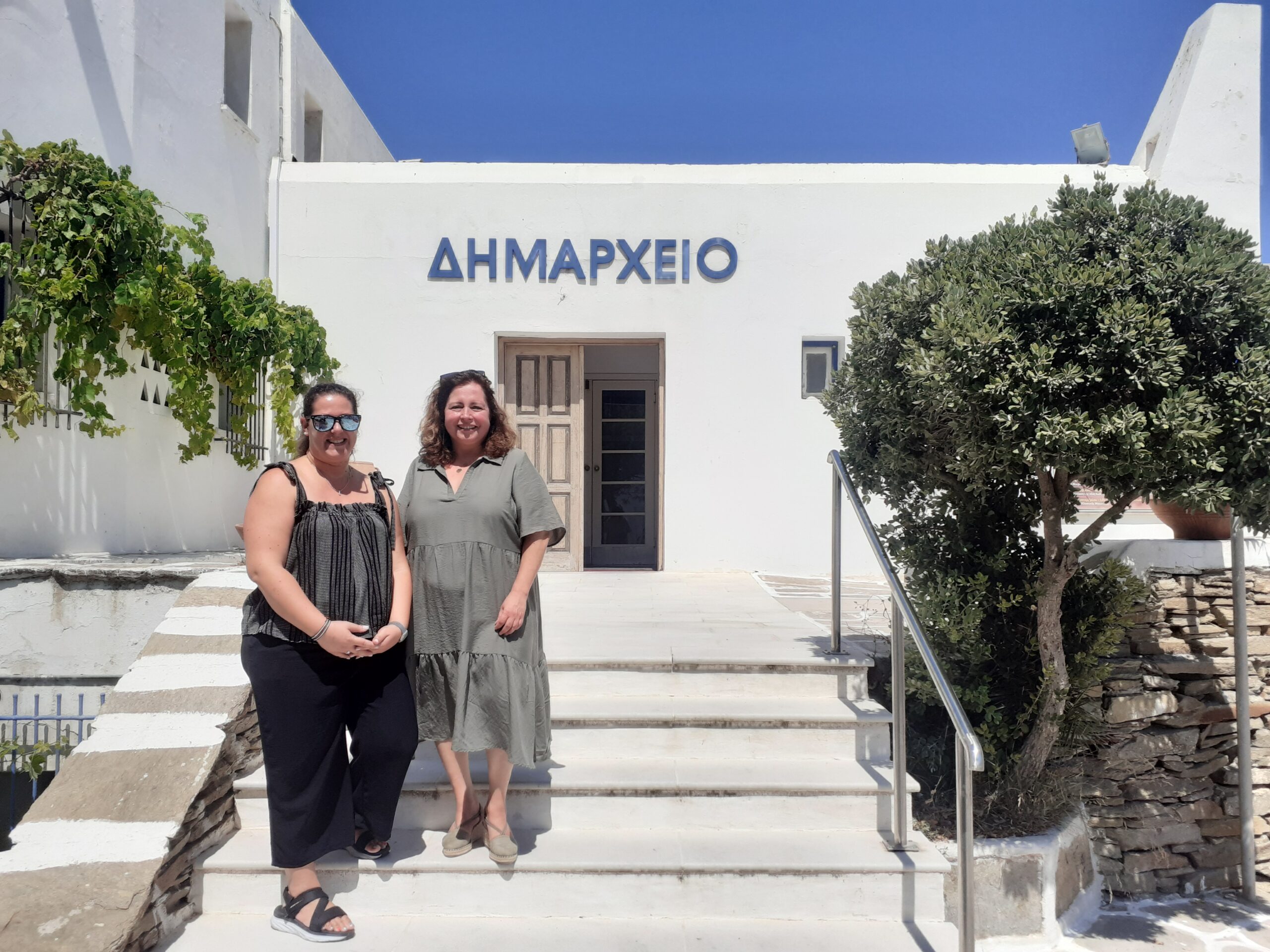The Observatory of Social Inclusion visited the Municipality of Paros, in the context of the field surveys currently conducted on islands of the South Aegean Region. In particular, interviews were conducted from Tuesday, August 6 to Thursday, August 8, 2024, with:

a) Ms. Ioanna Chanioti, Deputy Mayor of Social Care and Protection,
b) Ms. Loukia Malamateniou, Deputy Head of the Department of Social Care & Protection of the Municipality of Paros,
c) Ms. Athina Arampatzi, psychologist of the Community Center of Paros,
d) Ms. Ioanna Papanikolaou, social worker of the Community Center of Paros,
e) and beneficiaries of social allowances.
During the interviews, it emerged again this year that Paros is an island with two sides: on the one hand, there are the residents, whose standard of living is constantly increasing due to their involvement in tourism and related activities, while on the other hand, there are people who face particularly serious difficulties in their livelihoods. In addition, the lack of structures, infrastructure and staff in the field of social protection was reported again this year.
Regarding accessibility, the Municipality is not considered friendly/accessible for people with disabilities and other mobility difficulties, while the large bureaucracy for related projects was pointed out. However, several efforts are underway to improve accessibility on the island.
As regards the elderly, almost 50% of the beneficiaries of the Community Center are elderly people. The understaffing of the social protection structures was discussed, but also the will of the interviewed executives for more actions and better quality services for these people.
Concerning the issue of gender-based violence, no relevant incidents have been reported to the Municipality’s services. The causes that lead to this social phenomenon, such as the extreme conditions of poverty and low level of education, were discussed.
Finally, the existence of incidents of school violence and delinquency among teenage children was noted. The biggest issue in these cases is the non-recognition of the problem by the family, while the keys to prevention are continuous education, as well as cooperation between the school and the family.
In conclusion, the Observatory would like to thank all the participants in the Municipality of Paros for their contribution to the research.
(Text and photos: Konstantina Kourkoumari, Theodora Symeonoglou)

